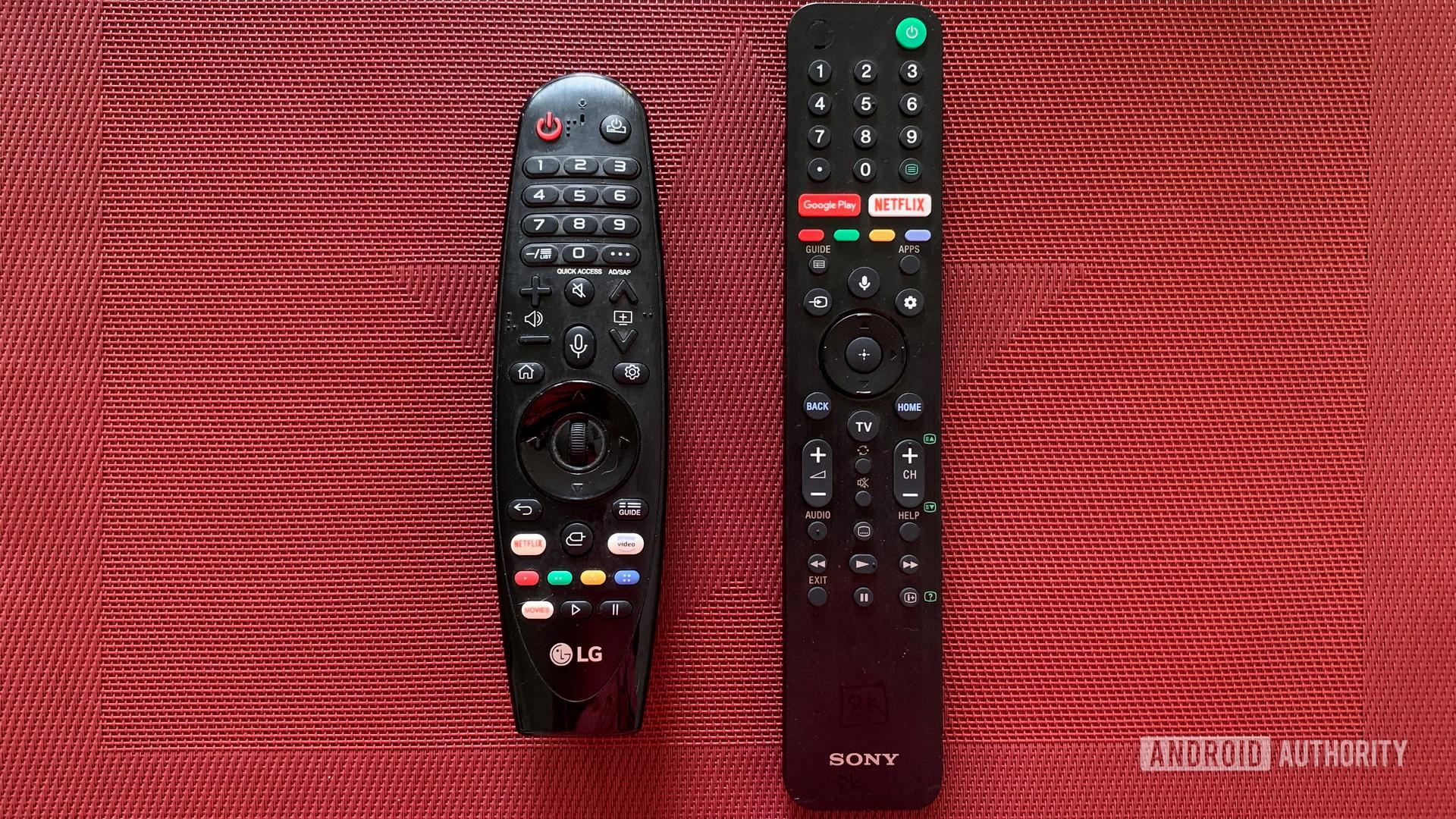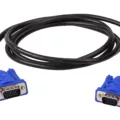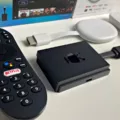When it comes to choosing the operating system for your smart TV, two options stand out: WebOS and Android TV. Both platforms offer a wide range of features and are backed by reputable companies. Let’s take a closer look at each one to help you make an informed decision.
WebOS, developed by LG, is a popular choice for many smart TV users. It is known for its quick performance and simple, intuitive interface. With WebOS, you can easily navigate through menus and access your favorite apps and content. LG smart TVs come with a Magic Remote, which allows you to point and click for easy navigation. WebOS also supports popular streaming apps like Netflix, Prime Video, Hotstar, and Zee5, giving you access to a wide range of content.
On the other hand, Android TV, powered by Google, is another excellent option. It offers a seamless integration with other Android devices and services. With Android TV, you can access the Google Play Store, which gives you access to a vast library of apps and games. You can also use Google’s voice assistant to control your TV and search for content. Android TV offers a wide range of customization options, allowing you to personalize your home screen and prioritize your favorite apps.
Both WebOS and Android TV offer voice control capabilities. WebOS is backed by LG’s ThinQ AI voice assistant, while Android TV is powered by Google’s voice assistant. This means you can control your TV with just your voice, making it even more convenient to use.
Another advantage of WebOS is its ability to play content from your mobile phone, tablet, or computer on your TV. This feature eliminates the need for a separate Chromecast, saving you both money and hassle.
In terms of app availability, Android TV has the upper hand. With access to the Google Play Store, you can download and install a wide range of apps, including popular streaming services, games, and productivity tools. However, it’s worth noting that WebOS also supports many popular apps, so you won’t be missing out on much.
Both WebOS and Android TV have their strengths and weaknesses, so it ultimately comes down to personal preference. If you value quick performance, a simple interface, and seamless integration with LG devices, WebOS is a great choice. If you’re looking for a wide range of customization options, access to the Google Play Store, and seamless integration with other Android devices, Android TV is the way to go.
Both WebOS and Android TV are excellent operating systems for smart TVs. They offer a wide range of features and access to popular apps and content. The choice between the two ultimately depends on your personal preferences and needs.
Which Is Better WebOS Or Android TV?
When it comes to choosing between webOS and Android TV, both platforms have their own unique features and advantages. Let’s take a closer look at each one:
WebOS:
– webOS is developed by LG and is known for its user-friendly interface and intuitive navigation.
– It comes with LG’s ThinQ AI voice assistant, which allows you to control your TV using voice commands.
– LG smart TVs come with a Magic Remote that can be used to point, click, and navigate through the interface.
– webOS supports a wide range of apps and streaming services, offering a vast selection of content to choose from.
– It also offers features like screen sharing, allowing you to mirror your smartphone or laptop screen on the TV.
Android TV:
– Android TV is powered by Google’s voice assistant, which provides a seamless integration with other Google services and devices.
– It offers a large selection of apps and games from the Google Play Store, allowing for a more versatile entertainment experience.
– Android TV supports Chromecast functionality, enabling you to cast content from your smartphone or tablet to the TV.
– It also provides a wide range of customization options, allowing you to personalize the home screen and organize your apps.
– Android TV is compatible with a variety of devices, including smart TVs, set-top boxes, and streaming sticks.
Both webOS and Android TV are excellent platforms with their own set of features. If you prefer a user-friendly interface and LG’s ThinQ AI voice assistant, webOS might be the better choice for you. On the other hand, if you value a wider selection of apps and games, seamless integration with Google services, and Chromecast functionality, Android TV would be a great option. Ultimately, the decision depends on your personal preferences and requirements.

Is WebOS A Good Operating System?
WebOS is considered to be a good operating system for smart TVs. Here are some reasons why:
1. User-Friendly Interface: webOS offers a simple and intuitive interface that is easy to navigate. Users can access their favorite apps and content with just a few clicks, making it a convenient option for both tech-savvy and non-tech-savvy individuals.
2. Quick Performance: webOS is known for its fast and responsive performance. It loads apps quickly and switches between different functions seamlessly, providing a smooth and enjoyable user experience.
3. App Store: webOS has its own dedicated app store, offering a wide range of applications and services. Users can download popular streaming apps like Netflix, Hulu, and Disney+ directly onto their smart TVs, expanding their entertainment options.
4. Multi-Tasking Capabilities: webOS allows users to multitask efficiently. With its “Quick Switch” feature, users can easily switch between different apps without closing them, making it convenient to browse the internet, watch videos, and use other apps simultaneously.
5. Voice Control: webOS supports voice control features, allowing users to control their smart TVs using voice commands. This hands-free control makes it easier to search for content, adjust settings, and perform other tasks without needing to use a remote control.
6. Smart Home Integration: webOS is compatible with various smart home devices and platforms, allowing users to control their connected devices seamlessly through their smart TV. This integration enhances the overall smart home experience.
WebOS is a good operating system for smart TVs due to its user-friendly interface, quick performance, extensive app store, multi-tasking capabilities, voice control features, and smart home integration.
Can I Install Android Apps On WebOS?
It is not possible to directly install Android apps on LG webOS Smart TVs. The webOS operating system used in LG Smart TVs is unique and different from Android, therefore it does not support the installation of Android apps.
However, LG webOS Smart TVs come pre-installed with a wide range of popular applications such as Netflix, Prime Video, Hotstar, Zee5, and many more. These apps are specifically designed and optimized for the webOS platform, providing users with a seamless and enjoyable viewing experience.
While you cannot install Google Play Store or any other third-party applications on webOS, LG has a dedicated app store called the LG Content Store. The LG Content Store offers a variety of applications and services that are compatible with webOS, allowing users to explore and download additional content.
Here are some key points to summarize:
– LG webOS Smart TVs do not support the direct installation of Android apps.
– The webOS operating system is unique and different from Android.
– LG Smart TVs come with popular applications pre-installed.
– LG Content Store is the official app store for webOS, providing additional applications and services.
While you cannot install Android apps on webOS, LG webOS Smart TVs offer a wide range of pre-installed applications and access to the LG Content Store for further content and services.
Which Operating System Is Better For Smart TV?
When it comes to choosing the best operating system for smart TVs, Android TV stands out for several reasons:
1. User-friendly interface: Android TV offers a clean and intuitive interface that is easy to navigate, making it simple for users to find and access their favorite apps and content.
2. Wide app selection: Android TV provides access to a vast library of apps through the Google Play Store. This means you can enjoy popular streaming services like Netflix, Hulu, and Amazon Prime Video, as well as a multitude of other entertainment, gaming, and productivity apps.
3. Google Assistant integration: With Android TV, you can control your smart TV using voice commands through Google Assistant. This allows for convenient hands-free operation, making it easier to search for content, adjust settings, and even control smart home devices.
4. Customization options: Android TV allows users to personalize their home screen with their preferred apps, shortcuts, and recommendations. This ensures that the TV interface is tailored to individual preferences, making it more convenient and enjoyable to use.
5. Seamless device integration: Android TV seamlessly integrates with other Android devices, such as smartphones and tablets. This enables you to easily cast content from your mobile devices onto the TV screen, eliminating the need for additional casting devices like Chromecast.
6. Regular updates and improvements: Android TV benefits from regular updates and improvements from Google, ensuring that your smart TV stays up-to-date with the latest features, security patches, and performance enhancements.
Android TV is the best operating system for smart TVs due to its user-friendly interface, wide app selection, Google Assistant integration, customization options, seamless device integration, and regular updates.
Conclusion
Both webOS and Android TV are excellent operating systems for smart TVs, each with their own unique features and advantages. webOS, powered by LG’s ThinQ AI voice assistant, offers quick performance and a simple and intuitive interface. It supports popular applications like Netflix, Prime Video, Hotstar, and Zee5. However, webOS does not support the installation of Google Play Store or third-party applications.
On the other hand, Android TV, powered by Google’s voice assistant, offers a wide range of applications and services through the Google Play Store. It allows for seamless integration with other Android devices and offers the flexibility to customize and personalize the TV experience. Additionally, Android TV supports features like casting content from mobile devices and computers, eliminating the need for a separate Chromecast.
Ultimately, the choice between webOS and Android TV will depend on personal preferences and requirements. If you value simplicity, quick performance, and a streamlined interface, webOS may be the ideal choice. However, if you prefer a wider range of applications, customization options, and integration with other Android devices, Android TV may be the better option. Both operating systems offer a high-quality smart TV experience, so it ultimately comes down to individual needs and preferences.





